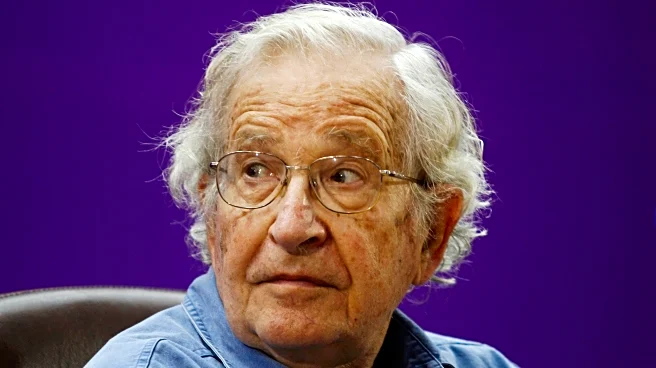What's Happening?
Thailand has suspended the implementation of a ceasefire agreement with Cambodia, formalized during President Trump's recent trip to Asia, following injuries to Thai soldiers from a land mine explosion.
The Kuala Lumpur Accord, brokered with U.S. and Malaysian assistance, aimed to resolve a long-standing border conflict. Thailand accuses Cambodia of laying new mines, while Cambodia denies the allegations, citing unexploded mines from past conflicts. The suspension halts plans to return Cambodian prisoners and raises concerns over the effectiveness of the truce.
Why It's Important?
The suspension of the ceasefire agreement threatens to destabilize the region, potentially leading to renewed hostilities between Thailand and Cambodia. The deal, supported by President Trump, was a diplomatic effort to prevent further conflict and promote peace. Its suspension could impact regional security and economic relations, as well as U.S. diplomatic efforts in Southeast Asia. The situation highlights the complexities of resolving historical territorial disputes and the challenges of implementing peace agreements in conflict-prone areas.
What's Next?
Diplomatic efforts may be necessary to address the accusations and ensure compliance with the ceasefire agreement. International mediation could be sought to resolve the dispute over land mines and facilitate the release of Cambodian prisoners. The situation may prompt discussions at regional forums, such as ASEAN, to prevent further escalation. The international community, including the U.S., may need to intervene to maintain stability and support peace efforts in Southeast Asia.










